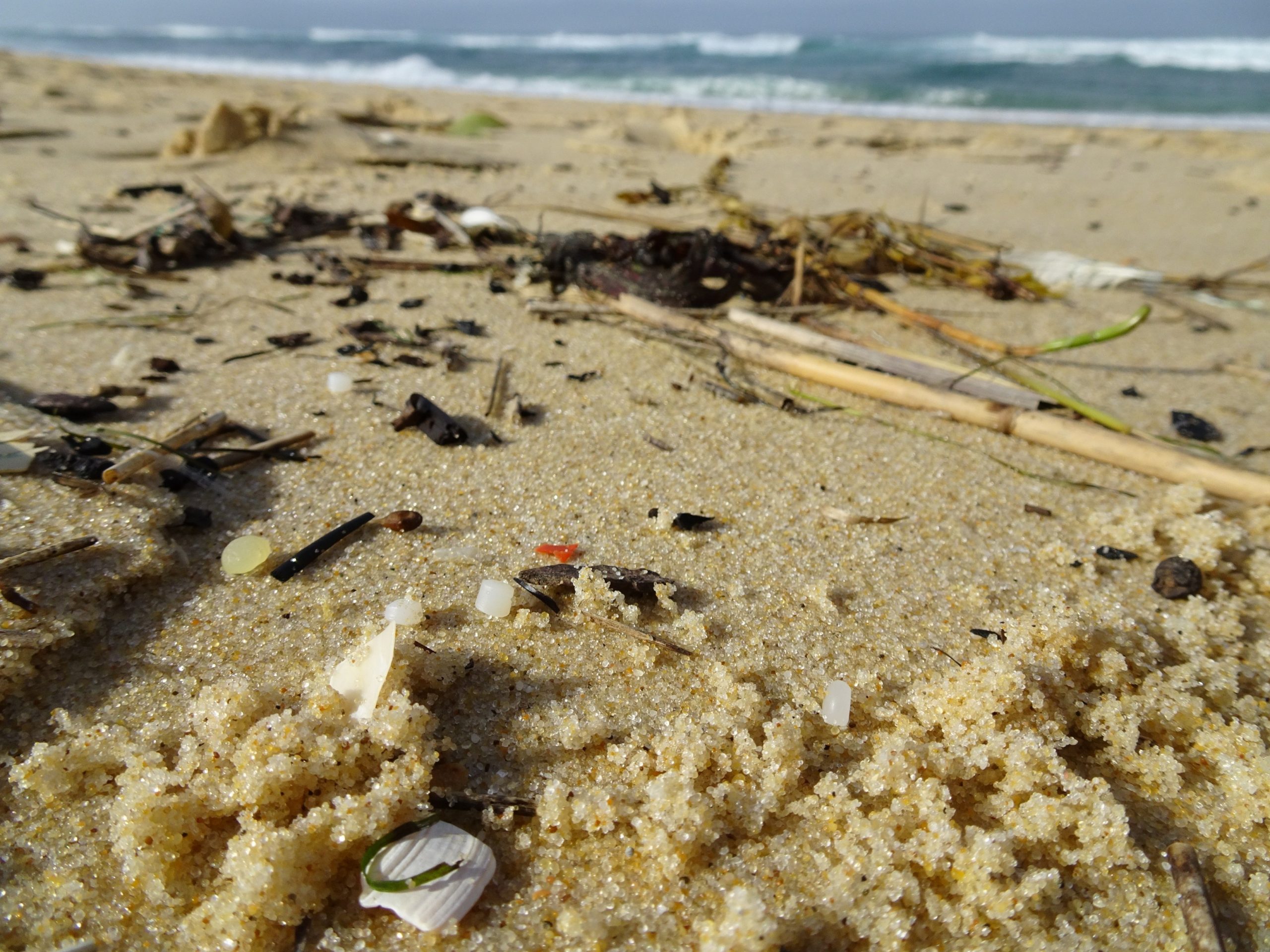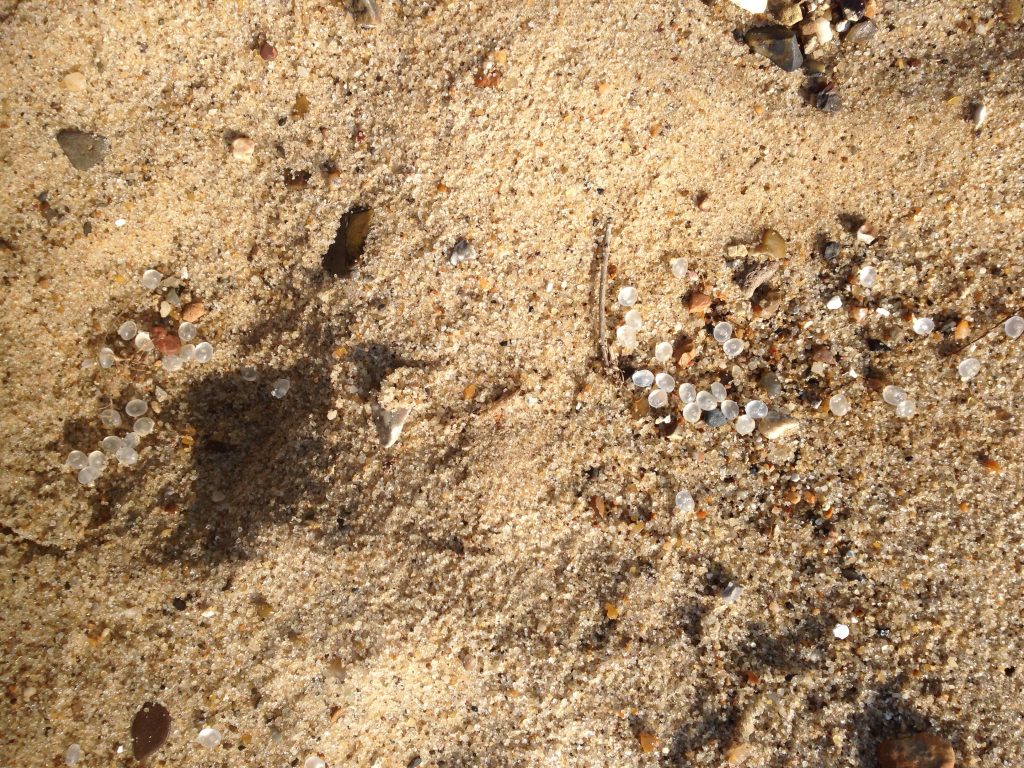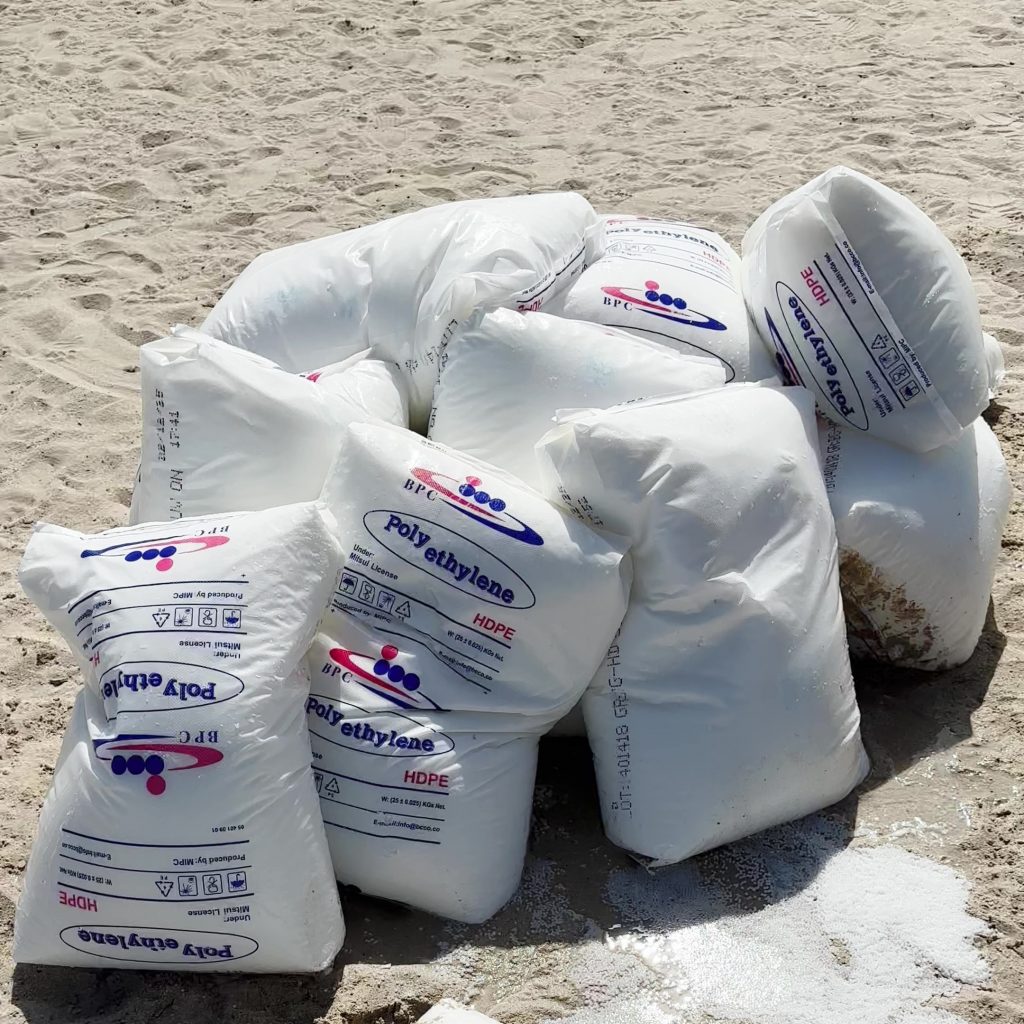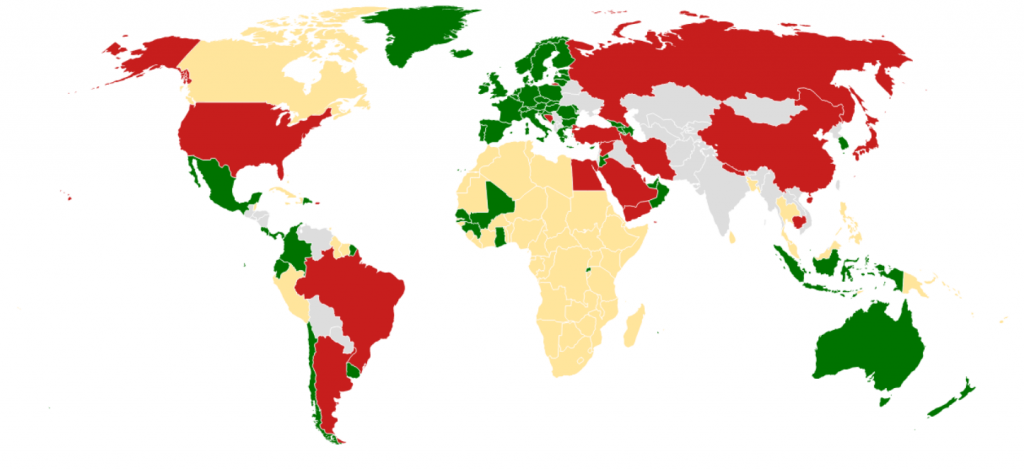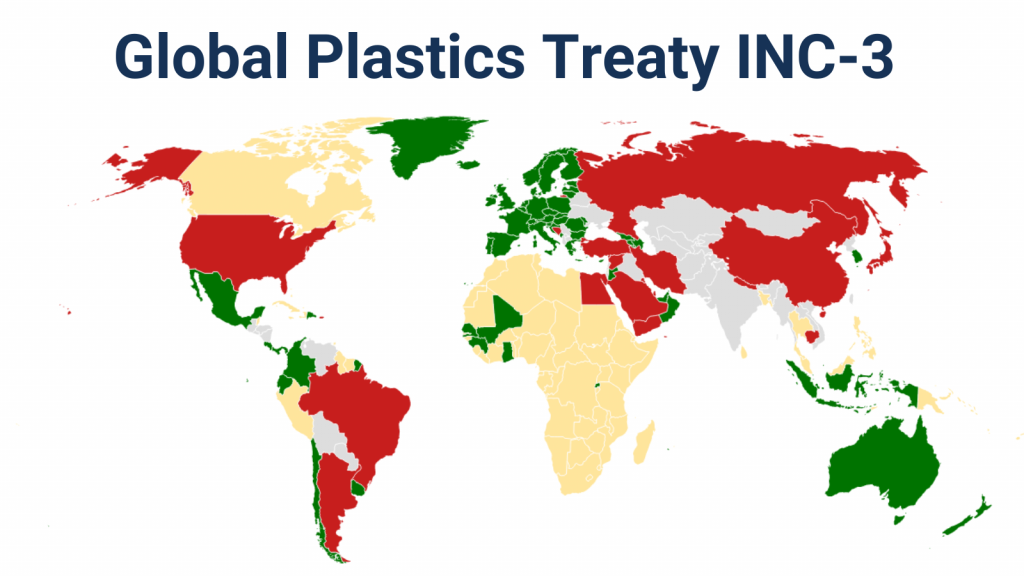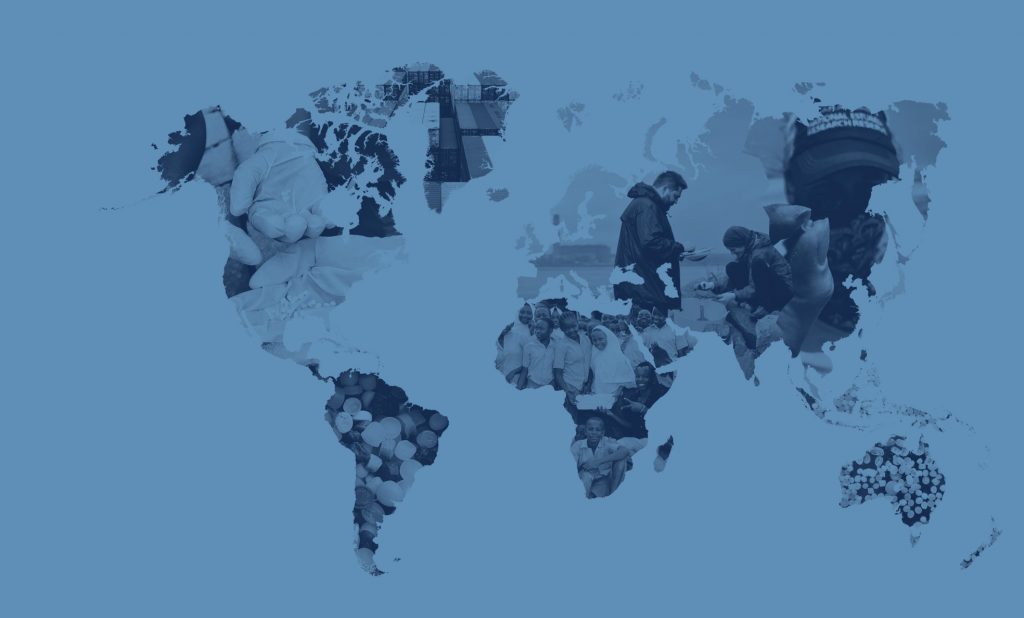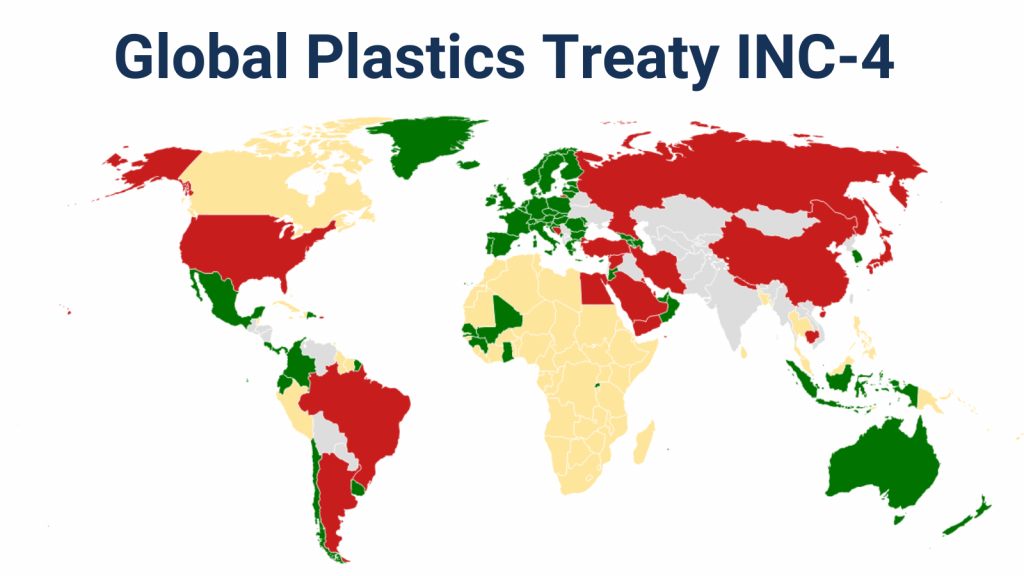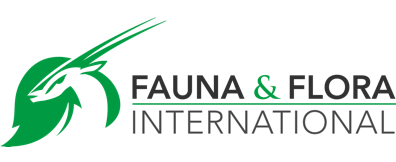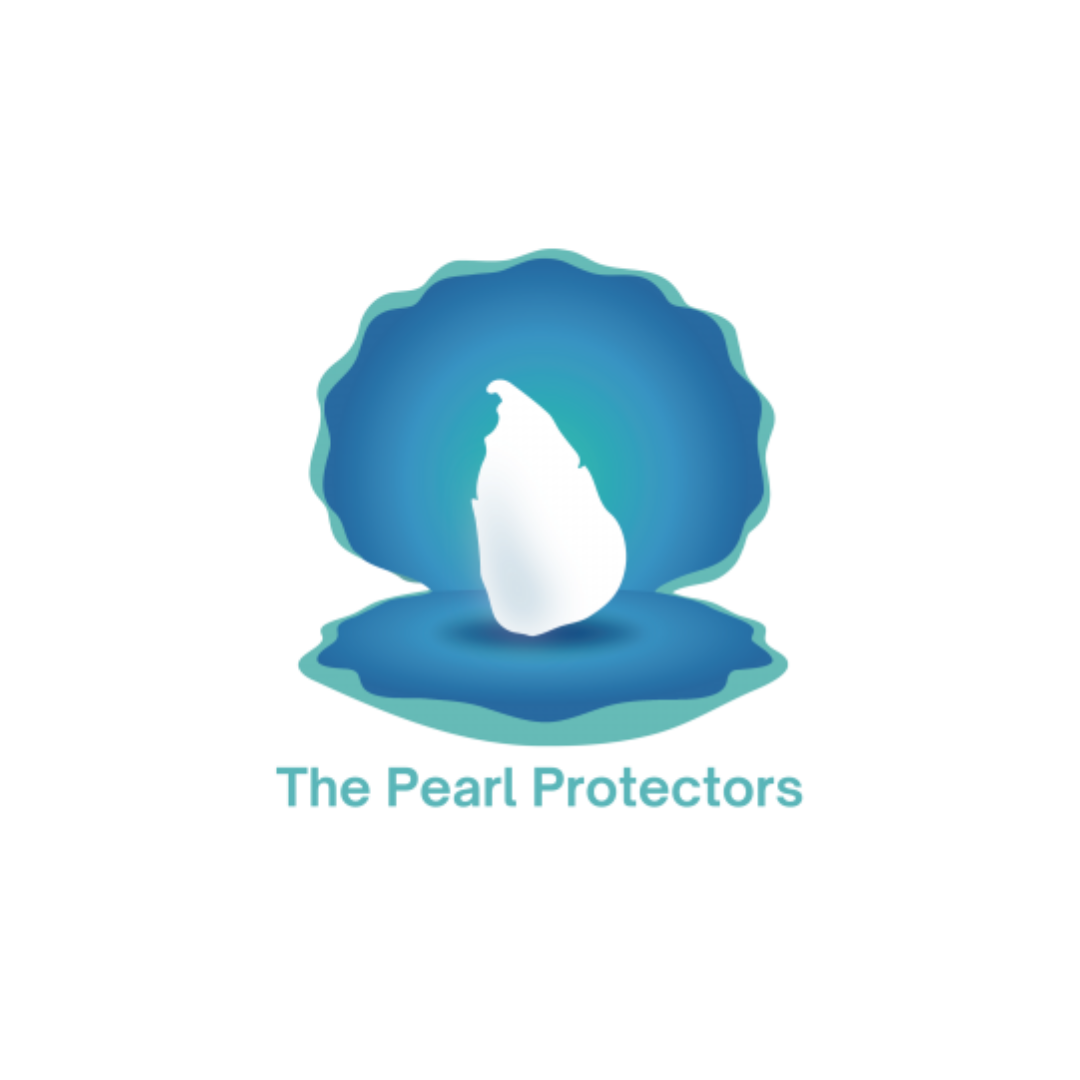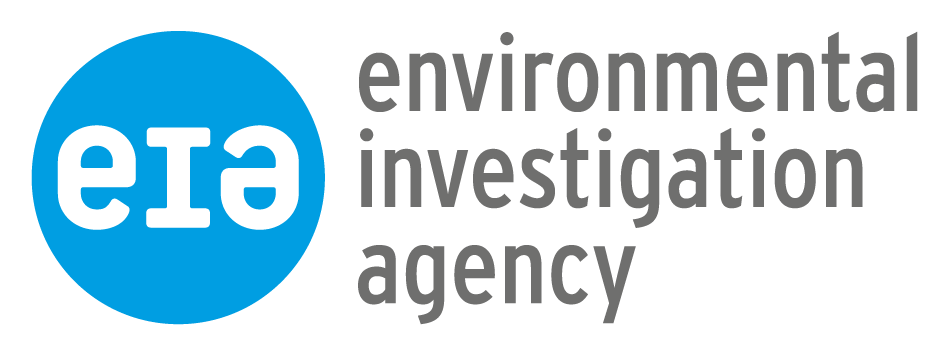Sea Based Solutions
We are seeing more and more catastrophic spills of large amounts of nurdles at sea. This is because more nurdles are being shipped around the world to keep up with the demand for increasing plastic production, and ships transporting nurdles can easily loose tankers full of millions of nurdles during transportation.
Coastal communities near major ports or shipping lanes are at particular risk, but once in the sea nurdles can spread far and wide.
Groups all over the world are calling for governments, industry and the International Maritime Organization to make changes to prevent future nurdle spills at sea.
